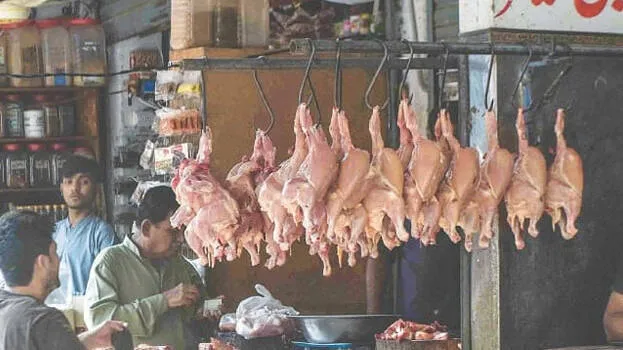

ISLAMABAD: The Pakistani military has already warned its government about a potential retaliatory strike from India following the Pahalgam terror attack. While Pakistan has issued threats of retaliation in the event of an Indian offensive, reports indicate that the country is grappling with severe economic hardship and widespread poverty. As fears of a possible attack from India intensify, the Pakistani currency continues to plummet.
The country's foreign exchange reserves are reportedly at one of the lowest levels in its history. Following the Pahalgam incident, India imposed a ban on pharmaceutical exports to Pakistan, pushing its already fragile healthcare sector into crisis. With each passing day, the Pakistani rupee weakens further, further worsening the country's financial crisis. The common consensus is that Pakistan's ongoing funding of terrorism is a major contributor to its current economic collapse.
When compared to other currencies in the South Asian subcontinent, the Pakistani rupee lags significantly behind. This drastic devaluation has triggered rampant inflation, pushing essential commodities like rice, fruits, vegetables, meat, and fish beyond the reach of the average citizen. In major cities like Lahore and Karachi, a kilogram of rice costs around Rs 340.
Chicken is a staple in the Pakistani diet, but even that has become a luxury—one kilogram now costs Rs 800. Experts believe that the Pahalgam terror attack and India’s subsequent retaliatory measures could further devastate Pakistan’s crumbling economy.